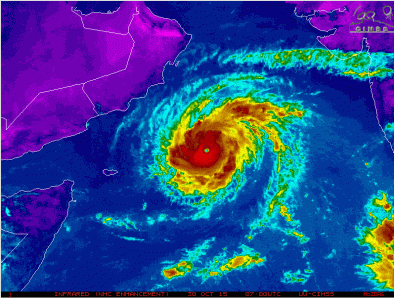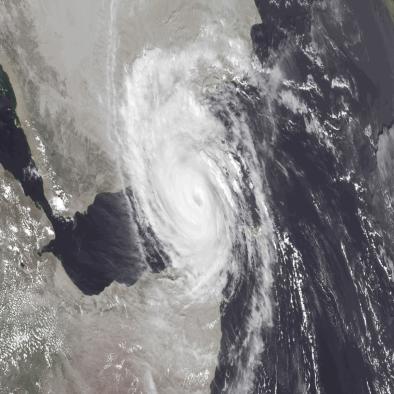Science Source
Future changes in tropical cyclone activity in the North Indian Ocean projected by high-resolution MRI-AGCMs
- Investigates potential future changes in tropical cyclone (TC) activity in the North Indian Ocean (NIO)
- Performs 15 ensemble experiments under the International Panel on Climate Change A1B scenario
- Most of the ensemble future (2075–2099) experiments do not project significant future changes in the basin-scale TC genesis number; however, they commonly show a substantial increase (by 46 %) in TC frequency over the Arabian Sea and a decrease (by 31 %) in the Bay of Bengal
- Projected future changes in TC genesis frequency show a marked seasonal variation in the North Indian Ocean: a significant and robust reduction during the pre-monsoon season, an increase during the peak-monsoon season, and a westward shift during the post-monsoon season
- Analyses several large-scale thermodynamic and dynamical parameters to elucidate the physical mechanism responsible for the future changes in TC activity
- This analysis reveals a seasonal dependence of the relative contribution of these parameters to the projected future changes in TC genesis frequency
Related Content
Headline

Feb 1, 2016 | WxShift
Cyclone Chapala Threatens Yemen With Flooding Rains
Science Source
| American Meteorological Society
A Climatology of Arabian Sea Cyclonic Storms
Amato T. Evan & Suzana J. Camargo
Headline

Feb 1, 2016 | VICE News
Nearly 40,000 Displaced After Cyclone Chapala Slams Into Yemen
Science Source
| Nature Climate Change
Trade-off between intensity and frequency of global tropical cyclones
Nam-Young Kang & James B. Elsner


